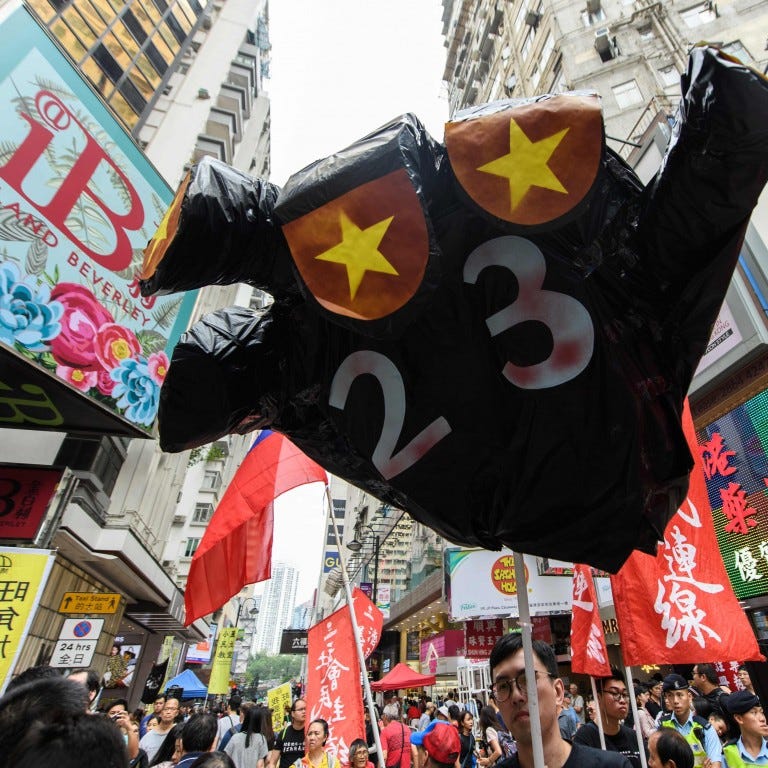Beijing Expected to Use New Law to Stifle HK Politicians
National Security Legislation to be rushed into place prior to September polls

Facing another possible drubbing in the polls, the Chinese government is expected to use a deeply unpopular national security law to limit pro-democracy candidates in Hong Kong’s September Legislative Council elections.
The pro-democracy camp won a crushing victory in Hong Kong’s district council elections last November, delivering a slap in the face to…
Keep reading with a 7-day free trial
Subscribe to Asia Sentinel to keep reading this post and get 7 days of free access to the full post archives.


